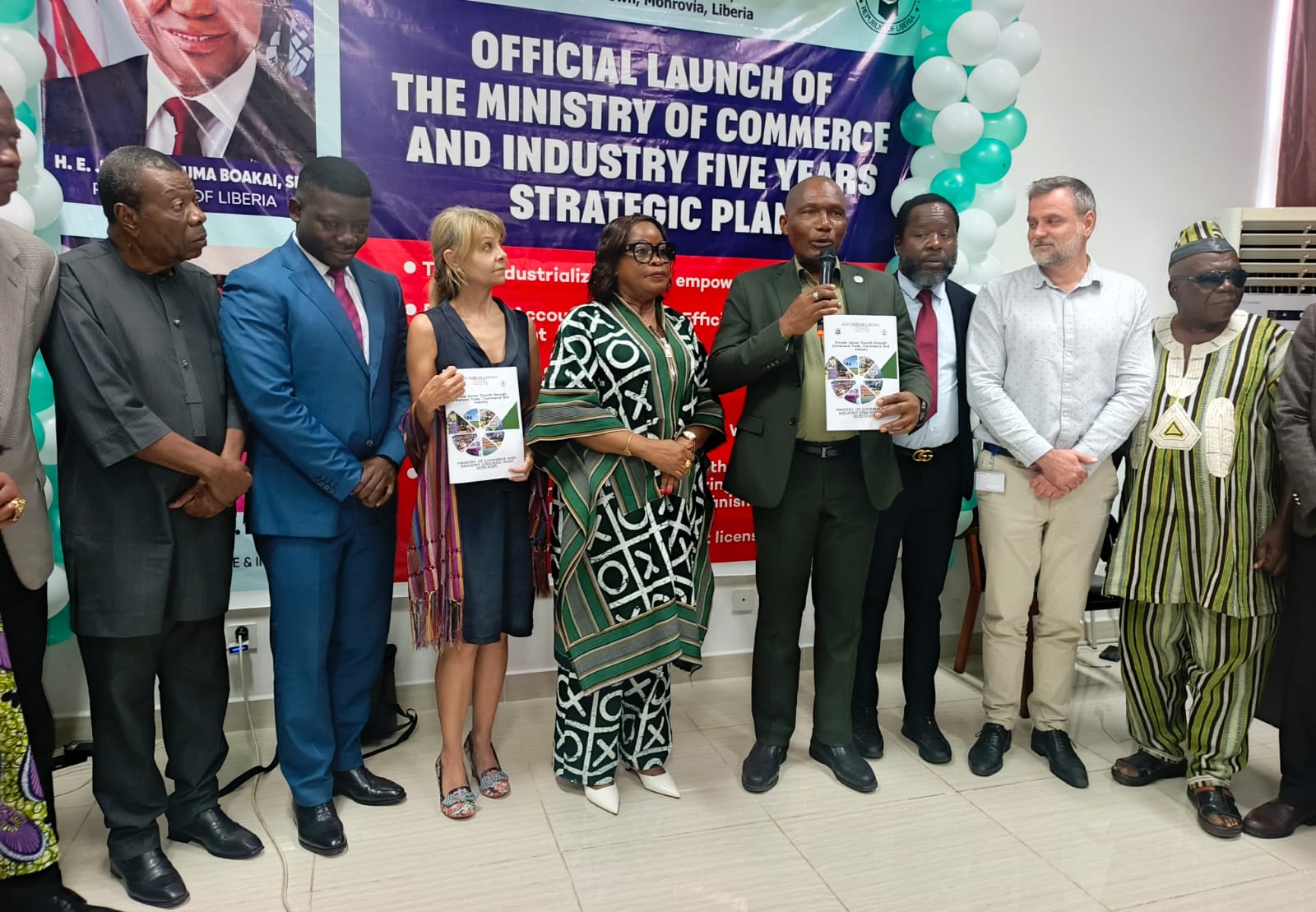Copyright manchestereveningnews

Going into the start of the year, it appeared the writing was already on the wall for the Board of Trustees at the company behind Manchester Pride. They knew that the future hinged on the success of the 2025 event, and on how an ambitious bid for EuroPride 2028 would play out. Documents seen by the Manchester Evening News have outlined how Manchester Pride Limited (MPL) was already facing ‘challenging circumstances with persistent issues’ following a difficult few years post Covid pandemic. The company was was initially set up in 2003 and registered as a charity in 2007, alongside its subsidiary Manchester Pride Events Limited - which was founded in 2007. Barring a few shortfalls in previous years, which were rectified by the charity’s reserves and ‘subsequent surpluses’, it is understood the event had managed to mostly prove financially successful between 2007 and 2019 - the year Ariana Grande headlined. Stay connected with our City Life newsletter here But then, in 2020, the pandemic hit. The Manchester Pride Ltd charity said this resulted in ‘significant disruption’ to its events, including the cancellation of the annual festival held over the August Bank Holiday weekend. In 2020, MPL reported a fall in revenue of around £3.2m and a loss of £481,000. The impact of the pandemic saw the bulk of the charity’s reserves dry up and a surplus made with the event’s return in 2021 failed to claw back its pot. A year later, in 2022, the charity reported a downturn in revenue with profit after tax of £113k - a £287k reduction from its £300k profit after tax in 2021. The losses continued and by 2023, the charity had incurred losses after tax of £467k. This also saw the charity have a negative reserve position for the first time in ‘several years’. Whilst 2024’s losses are not due to be published until the end of the year, it’s estimated the charity could have lost around £318k. By 2025, the financial situation was dire, and it was clear changes were required to turn the situation around. In the background, as early as April this year, informal talks with liquidators were beginning, but there was still hope that fortunes could be turned around. Following a number of complaints about over-capacity and the impact of the large-scale event on the Gay Village area in previous years, Manchester Pride announced in March that there would be a new staging area called Mardi Gras. Nelly Furtado, Billy Porter, Leigh-Anne and Olly Alexander were all later announced as headliners at the new space at Mayfield Depot, alongside takeovers and performances from other local and international acts, groups and collectives. It has since been reported that these major overhauls came at a big cost. In documents seen by the M.E.N., a company owned by Canadian performer Nelly is owed up to £145,000, whilst the Depot Mayfield venue is still owed more than £330,000. On top of this spend, security companies, event management and performers are also owed money for this year’s wider event - totalling around £1.3m. But, in the lead-up to this year’s event, Manchester Pride’s Board of Trustees reportedly felt confident that a success could be made out of the Mardi Gras event, and that it would be able to at least solve some of the charity’s struggles with the ambitious revamp. Early ticket sales and sponsorship deals had suggested things could be heading in the right direction. But according to the report, due to the bulk of Manchester Pride ticket sales happening in the days leading up to, and during the event itself, the wider picture wasn’t clear until the August Bank Holiday weekend festival began. However, it is understood there is a suggestion a relocation to Mayfield Depot in 2019, and ticket behaviours from past years, could have helped predict an expected turnout ahead of time. So, on August Bank Holiday weekend 2025, when pictures, videos and comments began circulating online that the Mardi Gras area was empty, it became apparent the plan may not have worked. Some performers found themselves playing in front of tiny crowds Before this year’s event had even finished, Pride’s trustees realised their predicament, according to the directors' report. Ticket sales for the Gay Village Party, which as the name suggests was held in the Gay Village area, were good, but it wasn’t enough to offset the major losses incurred by the Mardi Gras event. A company statement has suggested the Manchester Pride charity was expected to incur losses for a third consecutive year in 2025. Two weeks after the event, on September 5, liquidators were tasked with reviewing the company’s financial forecasts following the ‘lower than anticipated’ ticket sales. In the meantime, Manchester Pride put together a ‘compelling business case and turnaround plan’ which was submitted to Manchester City Council in the hopes of securing any eligible loans or grants to help the charity ‘return to solvency’. But, after ‘several weeks of deliberation’, the turnaround plan was not convincing enough, the report reveals Council leader Bev Craig later said Manchester Pride’s ‘position had become unsustainable’. At the same time, the charity still felt it had ‘a strong chance of winning’ the EuroPride 2028 bid , which would see the city host a popular LGBTQ+ event, which has been run by the European Pride Organisers Association (EPOA) since 1992. Manchester hosted it back in 2003. In fact, in a tragically poetic turn of events, the Manchester Pride Limited company had started in 2003 following the success of the city’s hosting of EuroPride and now its entire future hung on the balance of whether it was able to secure the bid to host EuroPride 2028. The bid saw the event budgeted at around £3.2m, of which a large portion would come from local government and nationwide grants, as well as from sponsorship opportunities. It had been hoped the attention and momentum from Europe would be enough to keep Manchester Pride running during the three years of build-up. On October 11, 2025, The European Pride Organisers Association ( EPOA ) cast their votes on who would host 2028. And with a majority of 70 per cent, it was decided that West Ireland would be home to the major event. Members of the Manchester Pride charity were in attendance for the announcement in Barcelona. It was a crushing blow. Two days later, the Board convened an emergency meeting. That same day, a ‘key employee’ resigned - a move which is claimed in the report to have sparked fears amongst the Board that it might ‘negatively affect’ their ability to engage with the suppliers and creditors still owed money. During the emergency meeting, a Creditors Voluntary Arrangement (CVA) was considered as a solution, which would have seen creditors be paid a percentage of their claim with final settlements taking place over a period of time - which could be as long as five years. This was deemed an unpopular decision by a Board who feared it would still not help the overall financial position. An administration appointment was also considered. But the ‘losses incurred’ and ‘lack of certainty’ meant this was not considered to be a possible recovery option. Sadly, it was therefore decided that voluntary liquidation was the most appropriate choice of action. On October 16, Manchester Pride's Board of Trustees issued a statement - its first public acknowledgement that there had been struggles behind the scenes. Sign up to the LGBTQ+ Bulletin newsletter here The statement said the board were 'currently in the process of determining the best way forward', and said it understood the frustration regarding a lack of clarity and communication with the many performers and suppliers who had not yet been paid. The news of voluntary liquidation was officially announced a week later on October 22. The charity said it had hoped to find a way to move forward, but rising costs, declining ticket sales and an 'ambitious refresh of the format' had resulted in the organisation 'no longer being financially viable'. As a result, eight staff members were made redundant with the creditors and suppliers now left with little assurance that they could be paid for their involvement in this year's event. A fundraiser has since been set up , whilst the Equity union is also backing the creative performers affected. Company documents have also revealed that the charity only had enough funds available to meet its fixed costs until January 2026 and would be largely reliant on future ticket sales to keep those running costs covered. According to records on Companies House for Manchester Pride Ltd, reported at the end of 2023, the charity generated £2.7m in revenue but had £356,000 in negative funds. Liquidators KR8, who were officially appointed on November 4, have reported that Manchester Pride Ltd charity owed creditors £2,117,640, whilst the Manchester Pride Events Ltd subsidiary owed creditors £1,037,392. But the total sum of money owed across both the charity and its subsidiary is not yet clear. The Charity Commission, which registers and regulates all charities in England and Wales, has said it has opened a compliance case into Manchester Pride regarding its finances. As part of a mandatory process, the charity itself had already submitted a 'serious incident report' to the regulator. Join the Manchester Evening News WhatsApp group HERE



